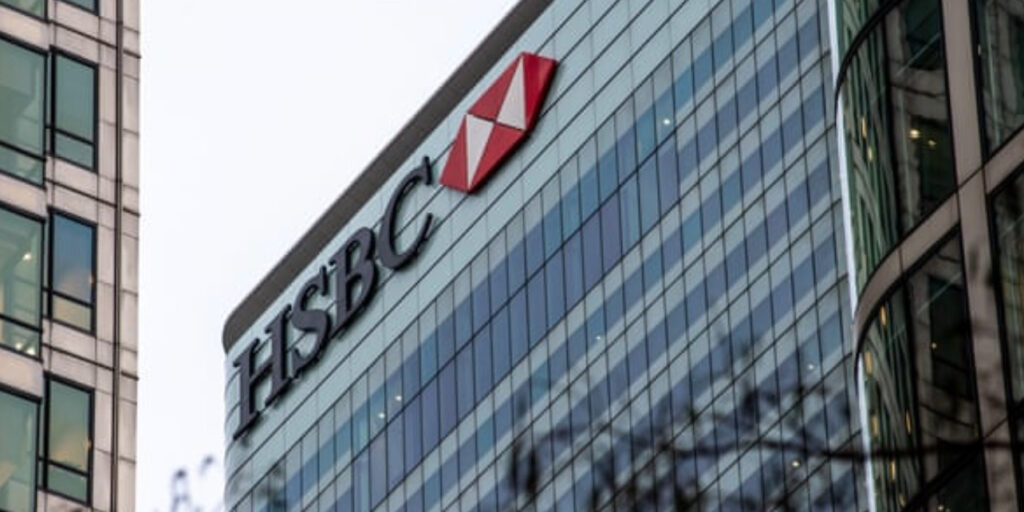The UK’s Competition and Markets Authority (CMA) has levied fines exceeding £100 million against four prominent banks, including HSBC and Citi, for collusion in the trading of government bonds.
The investigation, which spanned several years, revealed that traders at HSBC, Citi, Morgan Stanley, Royal Bank of Canada (RBC), and Deutsche Bank used Bloomberg chatrooms to illicitly share sensitive information on the trading of UK government bonds, or gilts, from 2009 to 2013.
The CMA disclosed that despite implementing “extensive compliance measures,” the banks had engaged in practices that undermined market integrity, prompting the authority to issue fines on Friday.
RBC was hit with the heaviest penalty of £34.2 million, followed by Morgan Stanley at £29.7 million, HSBC at £23.4 million, and Citi at £17.2 million.
Deutsche Bank avoided fines by being the first to report the misconduct to the CMA, while Citi received a reduction of over 50% in its fine after agreeing to a settlement during the probe.
The implicated banks must settle their fines by 22 April. Juliette Enser, the CMA’s interim executive director of competition enforcement, emphasized the importance of maintaining competitive markets to foster confidence and growth within the financial sector.
She stated, “The fines imposed today reflect our commitment to addressing breaches of competition law and deterring anti-competitive conduct. The penalties would have been substantially higher had the banks not already taken extensive steps to prevent recurrence.”
HSBC expressed relief at resolving the matter, acknowledging that the issue pertained to a limited number of communications dating back to 2009-2010. The bank highlighted its revamped compliance measures, which the CMA recognized as robust.
A spokesperson from Morgan Stanley noted that their decision to settle was based on actions by a single employee about 15 years ago, with the CMA making no findings of market impact or financial benefit to the firm.
Since then, they have emphasised the industry-wide enhancements in supervision and compliance.
Deutsche Bank reported proactive cooperation with the UK authority, relating to activities prior to 2014.
Similarly, RBC remarked on the historic nature of the misconduct, pointing out significant improvements in compliance over the past decade.
The bank stressed its commitment to stringent regulatory adherence and the serious treatment of misconduct, noting that the individuals involved were no longer employed there.


